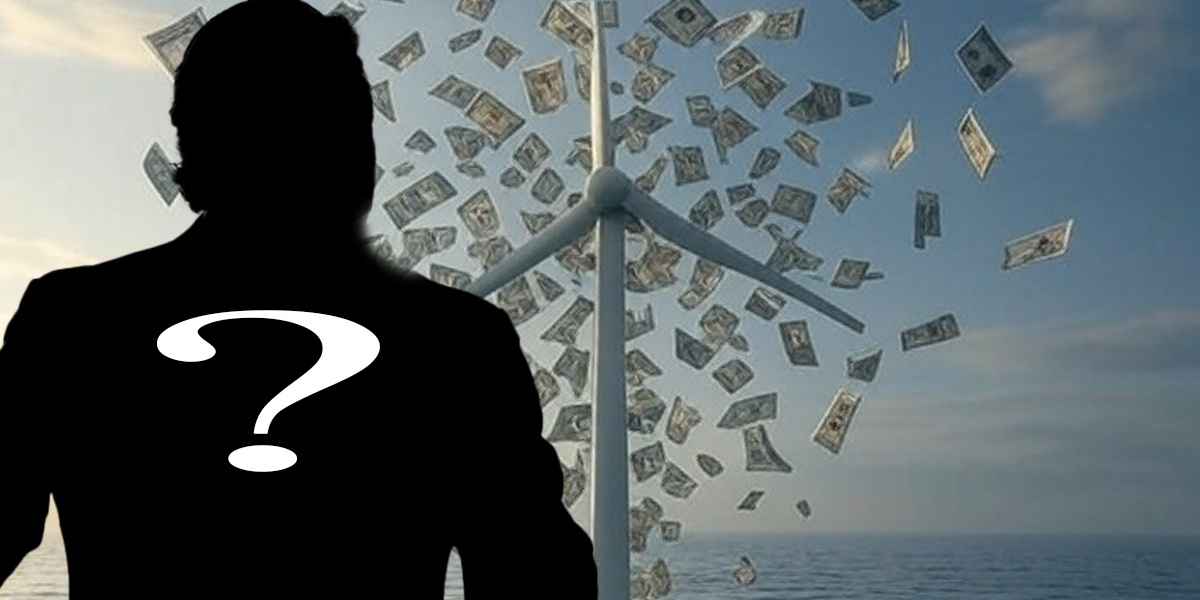Hot mic catches NJ GOP candidate Bill Spadea joking about wind ad money on his radio show
TRENTON, NJ – Republican gubernatorial candidate Bill Spadea was caught on a hot mic discussing how he has driven “Big Wind” money to himself and former his employer, New Jersey 101.5, where he hosts a daily radio show.
“The lobbyists for the wind companies are now advertising exclusively on my show… saying things opposite of what I’m saying,” Spadea says in the clip. “I love it because I have the audience to undo it, but at the same time, it’s bringing a ton of money to the station.”
💣💥BOMBSHELL: Bill Spadea cashed in on money from the offshore wind lobby.
— Central Jersey Newswire (@centralnjwire) May 22, 2025
Undercover audio received by CJN has revealed that Bill Spadea cashed in on the anger surrounding offshore wind, citing it as “a great business model.”
🗞️ Full story here: https://t.co/REPt5slRId pic.twitter.com/XdwI9yZ5Tp
“I love it when people get angry enough to give us money. That’s fantastic,” Spadea is heard saying in the recording, which surfaced Thursday. “It’s a great business model.”
The audio captures Spadea speaking candidly about the wind energy lobby paying for ad space on his program, despite his frequent criticism of offshore wind projects. He said the ads promote positions that directly contradict his on-air commentary.
Spadea, a former radio host turned political candidate, is seeking the Republican nomination in New Jersey’s upcoming gubernatorial race. His campaign has closely aligned with his on-air messaging, particularly around opposition to offshore wind development along the state’s coastline.
Critics argue the incident highlights a potential conflict between Spadea’s political messaging and the financial interests of his media platform, particularly as his radio show continues to air paid content from groups he opposes.
Revenue and rhetoric collide
The audio leak raises further questions about the intersection of Spadea’s media career and his political ambitions, especially as campaign finance laws and ethical norms come under closer scrutiny in state races.
Spadea’s radio program hadfrequently featured segments criticizing offshore wind projects, arguing they pose environmental and economic risks to the state’s coastal communities. At the same time, advocacy groups in favor of wind energy have continued purchasing airtime to promote their initiatives.
Now, some are saying Spadea’s public opposition to wind farms was a ruse, all about making money.
The recorded comments have prompted concern among some observers who question whether Spadea’s on-air criticisms are being amplified in part to generate financial gain through reactive advertising.
